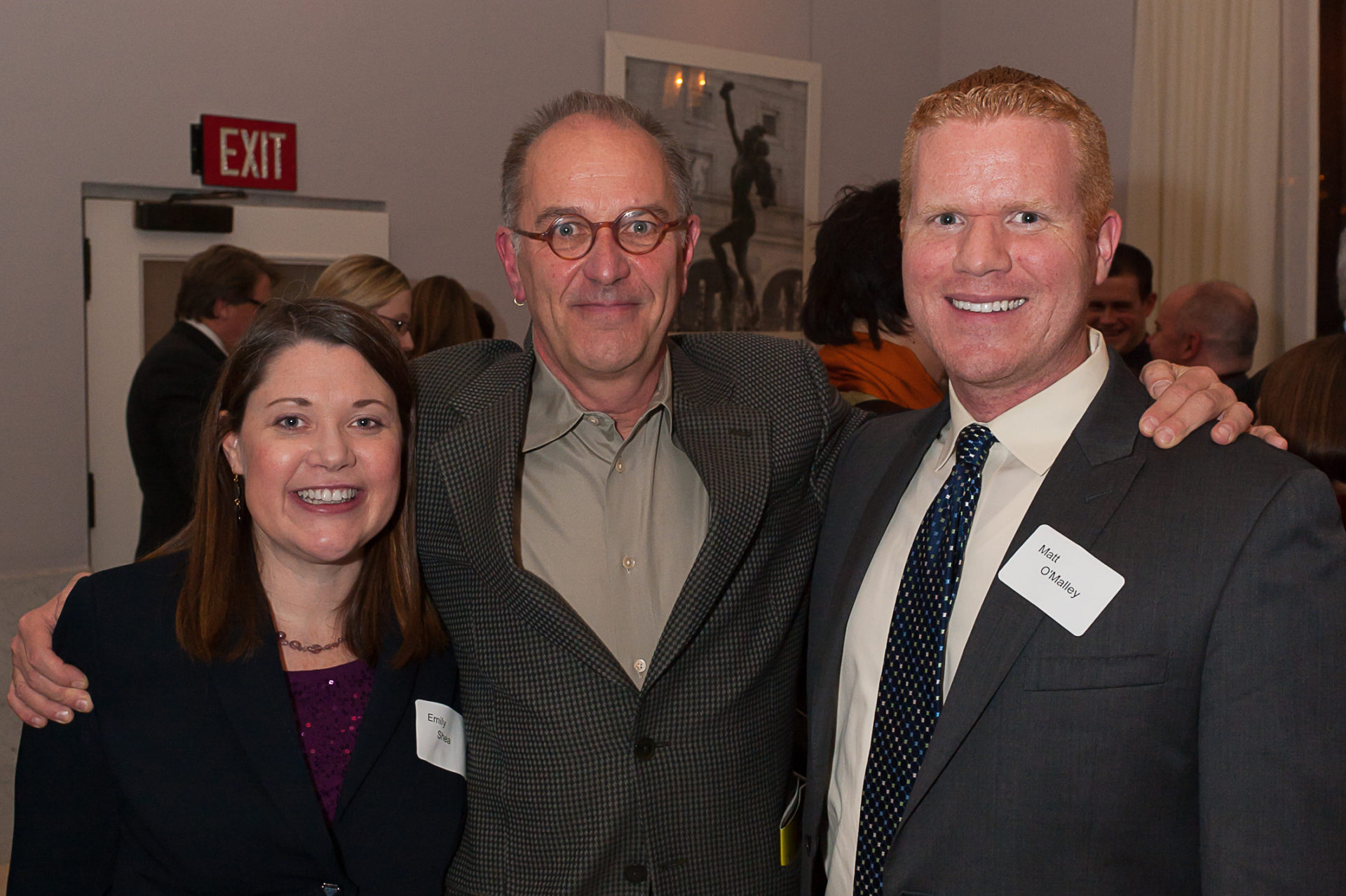As Boston’s first not-for-profit organization dedicated solely to keeping frail elders at home, Ethos is used to challenges. From intervening to prevent abuse and neglect to helping elders manage monthly bills, Ethos has long been a leader in finding solutions to the vexing knot of problems that—often prematurely—push the isolated and home-bound into nursing homes.
Today, few groups age with more challenges than lesbians, gay men, bisexuals and transgenders (LGBTs). Less likely to be partnered, more likely to be childless and too often estranged from their own families, LGBTs face significant barriers to healthy aging. Isolation, depression, substance abuse, and suicide are major risks.
The challenge of LGBT aging is one Ethos has eagerly taken on. A co-founder of the LGBT Aging Project, it is proud of its work helping LGBTs age with dignity and respect and has been a leader in addressing LGBT issues, namely:
-the first eldercare agency in the state to go through LGBT staff training,
-the first to open LGBT-friendly elder lunch sites,
-the first to offer LGBT-friendly volunteers, and
-the first to host support groups for LGBT caregivers, as well as those grieving the loss of loved ones.
While other mainstream aging services organizations in the state may finally be embracing the challenge, no other has shown as much leadership on LGBT issues as Ethos. We are also painfully aware of how much more needs to be done:
-more venues for older LGBTs to socialize and learn,
-more support for stressed-out and grieving LGBT caregivers,
-more LGBT-trained home care aides and personal care attendants,
-more support for LGBTs aging with HIV/ AIDS, and
-more safe LGBT-affirming housing opportunities are all desperately needed.
The announcement of the launch of the Ethos Equality Fund on Thursday, February 16th, 2012 will take place at the Boston Public Library in Copley Square, where we’ll be screening the award-winning documentary Gen Silent (filmed in Boston.) The Fund will be a resource to initiate, improve and expand aging services for LGBTs throughout greater Boston and will mark a significant step-forward for equality for older LGBTs and their caregivers.
Determining life’s final course should be a question of choice, not sexual orientation or gender identity.


